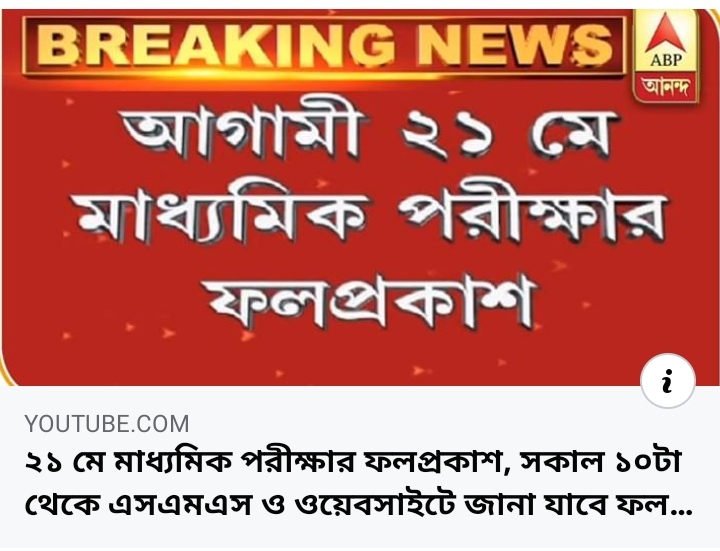14. The girl boarded the train at -
ⓐ Saharanpur
ⓑ Rohana
ⓒ Mussoorie
ⓓ Dehradun
15. The girl will be received at -
ⓐ Saharanpur
ⓑ Rohana
ⓒ Mussoorie
ⓓ Dehradun
16. "I didn't know anyone else was here." This was the remark of -
ⓐ the couple
ⓑ the parents of a little girl
ⓒthe girl
ⓓthe narrator
17. "They have too much to take in..." Here 'they' refers to -
ⓐ people with good eyesight
ⓑ people who cannot see
ⓒ people who see very little
ⓓ people who see only the essentials
18. According to the narrator aunts are usually -
ⓐ endearing persons
ⓑ dreadful elements
ⓒ respected individuals
ⓓ faithful creatures
19. The narrator of the story had alone in the train compartment up to -
ⓐ Saharanpur
ⓑ Rohana
ⓒ Mussoorie
ⓓ Dehradun
20."...they seemed very anxious... ". Here 'they' refers to -
ⓐ parents of the girl
ⓑ friends of the narrator
ⓒ a passenger and an old man
ⓓ probable parents of the girl
21. The narrator was -
ⓐ partially blind
ⓑ totally blind
ⓒ not blind
ⓓ blind of his faults
22. In his mind's eye the narrator could see -
ⓐ animals
ⓑ shrubs and bushes
ⓒ the landscape
ⓓ telegraph post.
23. The girl wanted to know from the network if he saw any -
ⓐ forest.
ⓑ mountain.
ⓒ animals.
ⓓ river.
24. The little girl regarded the narrator as a -
ⓐ curious man.
ⓑ timid man.
ⓒ very ambitious man.
ⓓ very gallant young man.
25. The thought of laughter only made the narrator feel -
ⓐ happy.
ⓑ serious.
ⓒ lonely.
ⓓ troubled and lonely.
26. The little girl is unable to sit in a train for -
ⓐ half-an-hour.
ⓑ more than two or three hours.
ⓒ less than two hours.
ⓓ more than one hour.
27. The little girl's voice was as lively as -
ⓐ a singing bird.
ⓑ a piece of music.
ⓒ a mountain stream.
ⓓ a cheerful girl.
28. "Once again, I had a game to play..." Here the narrator means to convey a game of -
ⓐ deception.
ⓑ cards.
ⓒ chance.
ⓓ fortune.
29. The game that the narrator played with his fellow traveller was to -
ⓐ pretend that he could see.
ⓑ pretend that he could't hear.
ⓒ make conversation about things around them.
ⓓ make sure that they did not realise that he could not see.
30. It could be a fascinating game to -
ⓐ pretend that he could see.
ⓑ pretend that he could't hear.
ⓒguess how the girl's hair was.
ⓓ guess what was went on outside the train compartment.
31. The new fellow traveller wanted to know from the narrator if he noticed that the girl was -
ⓐ partially blind.
ⓑ completely blind.
ⓒ without spectacles.
ⓓ not blind.
32. The girl was startled when the narrator first spoke to her because -
ⓐ she did not see him first.
ⓑ he was sitting in a dark corner.
ⓒ she was not used to being spoken to in that manner.
ⓓ she did not know that there was another person in the compartment.
33. "Then I made mistake." The 'mistake' that the narrator made was -
ⓐ to ask a wrong question.
ⓑ to behave rudely with the girl.
ⓒ to let slip the fact that he could not see.
ⓓ to crack a joke.
34. "I wish I were going to Mussoorie," The speaker said this because -
ⓐ the speaker was unable to go there.
ⓑ the speaker had never been there.
ⓒ the speaker loved the hills.
ⓓ the speaker loved the hills especially in October.
35. The woman who gave the girl detailed instruction was -
ⓐ probably her mother.
ⓑ probably her aunt.
ⓒ probably other passengers.
ⓓ probably her sister.
36. "I did not know anyone else was here"- the speaker said this because -
ⓐ the speaker was dodging.
ⓑ then darkness prevailed.
ⓒ the doors and windows were closed.
ⓓ the speaker was blind.
37. At the station of Saharanpur, the narrator heard -
ⓐ the shouting of the porters.
ⓑ a high pitched female voice.
ⓒ the shouting of the vendors.
ⓓ all three as stated above.
38. "The perfume from her hair was tantalising" because -
ⓐ she spread it by the speaker.
ⓑ she was standing very close to the speaker.
ⓒ the speaker was following her.
ⓓ the speaker was smelling her hair.
39. " Then the door banged" because -
ⓐ someone thrashed it.
ⓑ a girl closed it suddenly.
ⓒ the door was closed automatically.
ⓓ the guard hit it with his roller-stick.












